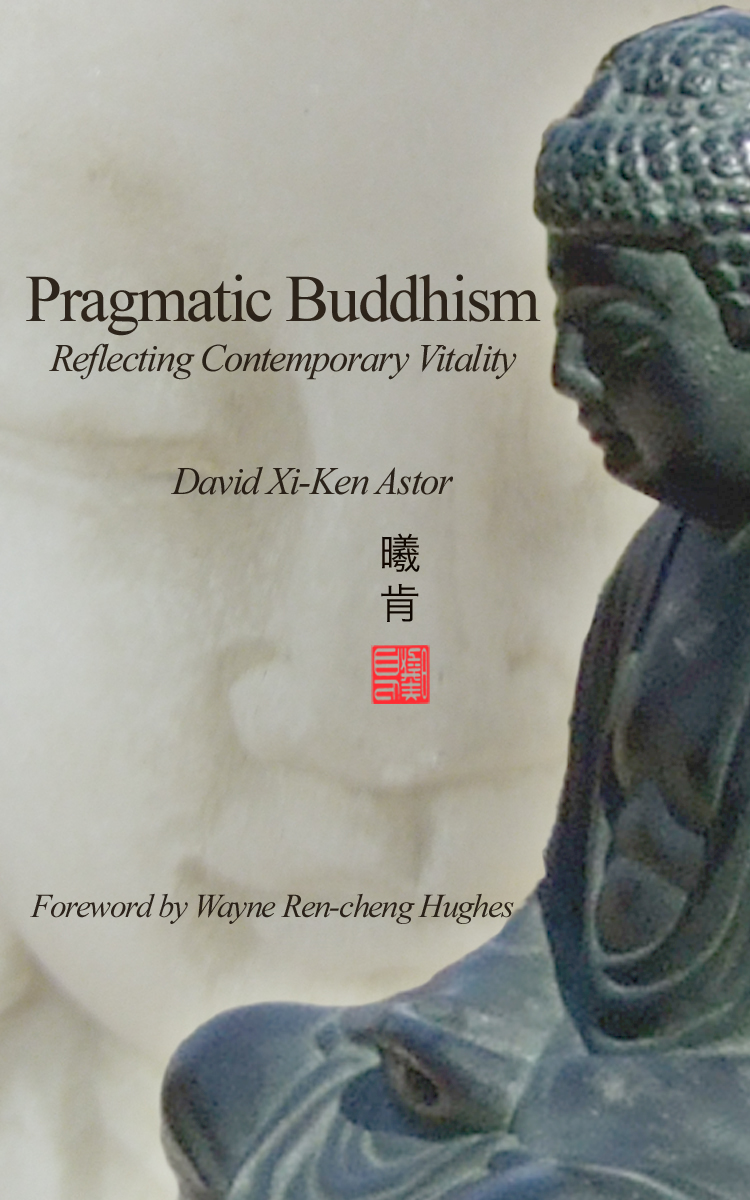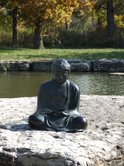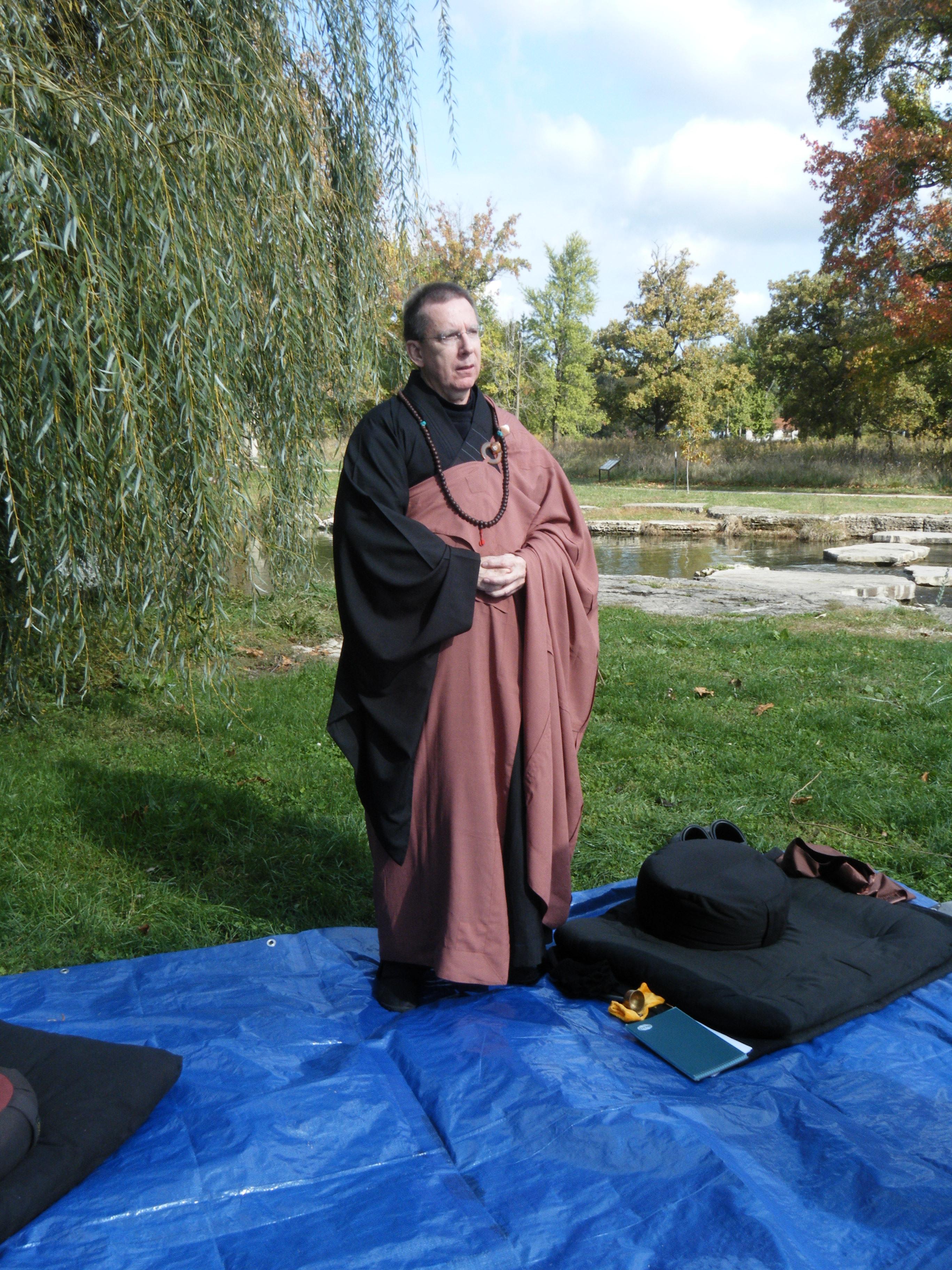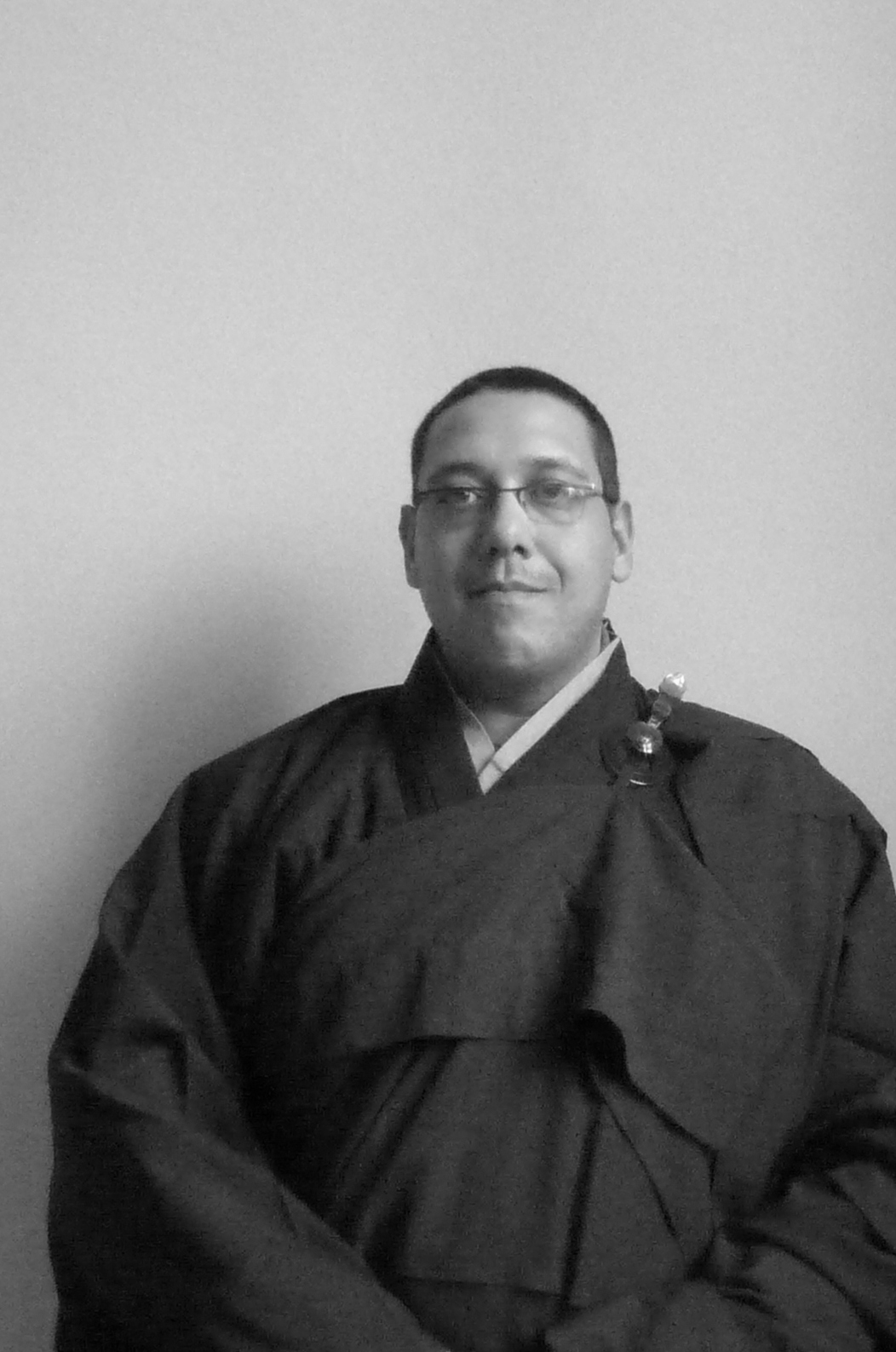By: David Shen-Xi Astor Sensei, OEB
A dedicated Buddhist practice is about planting seeds in the rich soil of Buddhist thought and values passed down to us from both our legacy and contemporary masters in order to confront what Zen calls “The Great Matter.” It is a journey into exploring some of the most confound questions man as been asking from the vary time he ventured from the cave and beyond. These questions are timeless. We work to grow these seeds into insight of what it means to be human in this vast universe, or more specifically perhaps, what is the nature of this thing we call “self”. There are countless sutras, books, lessons and koans that we encounter almost daily that act to point to ways we can begin to contemplate these fundamental questions sensing that it is a key component to come to some kind of understanding of the reality of this core teaching. As we step on the Buddhist path we are greeted by the constant question of what is this self as it is to be considered alongside the principle of no-self. It is said that when we have come awakened to the reality of this question, we have arrived at the “heart of the matter”. Arrived is not the end of the journey, but only a new beginning. You see, the core principle of mutual-causality also is applied to achieving some degree of wisdom of our applied studies. Awakening is not a single event but a series of events. It is not about perfect understanding but about perfecting our growing knowledge that drives us to greater vistas our universe offers us when we are ready. The Heart-of-the-matter is vast. Remember too that the Buddha arrived at a point of his contemplating these questions by just sitting in silence. No words, the experience was beyond language to express. And it must be true for us as well.
Yet we teachers are expected to help our students to arrive at some threshold of understanding so they can take this experience to a deeper level in their practice too. Why this is often so hard for teachers to do is because our culture is working against the vary reality we are trying to express in our lessons. So much of life in our hyper-busy and technologically saturated world tends to pull us away from the path toward discovering a way to see the self beyond ordinary definitions. We are told in little as well as big ways every day that we must construct our identities, supplement ourselves with products and services, and look a certain way, and be a certain way. In other words, we must conform to a socially accepted definition of what it means to be human. Following this path is a sure way of seeing a “false self”. It is a mask we create that hides any notion of the “greater self” within.
The idea of our spiritual journey too is connected to the quest to discover this human nature we call self, or I. It is not just one idea among many, but a principle idea that transcends the ordinary to an extra-ordinary way of seeing the world around us. This pivots on the question of ultimate human identity that connects us to the very unifying nature of the universe itself. This calls for a deeper reflection on authentic human identity beyond the individual form we call self. This challenges us in the 21st century as we have culturally placed the notion of the individual and free will at the core of defining the individual. Our very Western concept of moral and ethical behavior is based on the responsibility of the individual self-worth and how to promote the common good. This notion comes from the understanding that the nature of individuals that were derived from either the Platonic world of forms or the Aristotelian explanation of identity rooted in the accidental qualities of a given object. But for some early thinkers the individual possesses a unity that is more significant than the specific individual form when considering an idea of a transcendent universal nature that all individual forms embody. This way of conceiving of the individual is the basis of both Buddhist philosophy and Christian theology, although they take a different direction when the notion of a deity is thrown into the mix. Yet, they both consider that there is something beyond common knowing about how we come to understand the nature of self. We must be careful here not to get lost in the weeds of metaphysical speculation or day dreaming. Coming to understand self is a serious part of our practice so we can move to a deeper respect in the encompassing and corrective way of walking the Eightfold Path.
The challenge in coming to understand how our individual self is also the “no-self” as expressed in non-dualistic terms requires deep meditation that promotes the perfection of wisdom beyond wisdom. Human behavior and self-understanding is largely subjective. The challenge of our practice is to awaken to who we really are beyond these things. But most often we get trapped into seeing just what our every day life wants us to see and believe we are. Ultimately discovering the meaning of our existence and our true universal nature is up to us alone. This means to say that we should not passively exist, but actively participate in the discovery of how to answer the age old question man has been asking from the beginning of his appearance on this planet. What is it! The key to discovery this very question is right in front of us. What is it!
Answering this question is less important, I think, then following the Three Pure Precepts and making the Fourth Truth manifest in our practice. Human flourishing is about the refining of this self nature, and when we embrace this path with all the energy we can muster, we might just trip over that perfected self that has been silent all along that will awaken us to the True Heart of The Matter we call life, and thus awaken to universal realities.



















































































Wonderful article. Thank you. At this stage of my life I just need to SIT. Too much thinking about any of this is cumbersome and a burden. Really. The three of this, the four of that, the five wonderful concepts, the twelve amazing discoveries and more!!! It really gets complicated. Simple SITTING really has helped me. The other stuff? Can’t say much ’bout it!!! Thanks.
Thank you. I am keeping my practice very simple these days. Just SITTING. Too much rumination about the two of this and the three of that, and my practice takes on a very heavy feel I don’t really like. Thanks again, Rico
I wish you the best in your practice. Work to move beyond ordinary controlled consciousness in your meditation sessions and you will begin to experience a transcended new reality that is a path to awakening. And thank you for visiting our community’s website. I send you positive thoughts. 🙏🏼